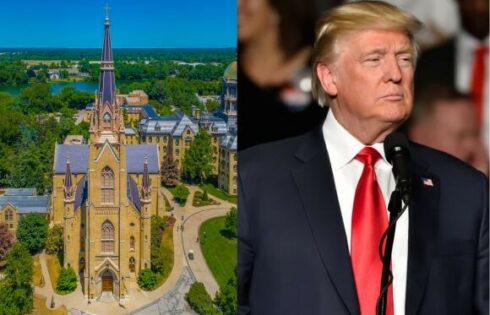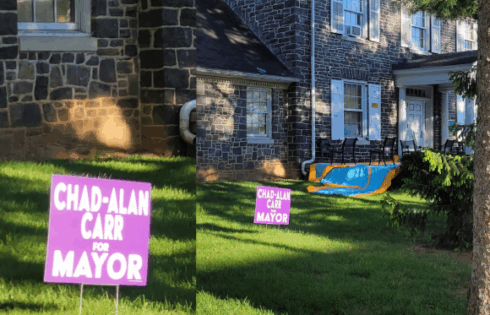
Our 2017 year-end fundraising campaign runs through Dec. 31, so please consider a tax-deductible donation of any amount to help us continue to publish the best campus news in the nation. Thanks for your support!
Thirty years ago, then-Secretary of Education Bill Bennett theorized that rising federal financial aid was having a perverse effect on tuition, letting “greedy colleges” raise their prices without blowback from students and parents.
Much research has been done on the “Bennett Hypothesis” since then, and while it doesn’t all point in the same direction, most of it does, according to a new meta-analysis by the Martin Center for Academic Renewal.
The last major review of the literature was published in 2003, finding the effect of federal aid on tuition ranged from “negligible to as much as 50 percent of the increase in aid,” President Jenna Robinson writes.
After another 14 years of research – resulting in a total of 25 analyses published in peer-reviewed journals or by “respected economic research institutions” since 1987 – the results are “compelling”: Fourteen of the 25 studies show “some positive effect of federal subsidies on the price of higher education in at least one segment of the higher education market.”
Robinson says three of the seven that found “no Bennett effect” also has the smallest sample sizes, because they were conducted much earlier than other studies.
One of the most recent, in 2015, found an even greater “pass-through effect” than a 1998 study on the same phenomenon: a tuition increase of 60 cents for every dollar of aid, up from 50 cents on the dollar.
Students and parents should be particularly wary of taking out more in loans as opposed to seeking grants:
Across all types of institutions, more studies found that loans contributed to increases in tuition than did grants. This is likely because the maximum Pell grant is less than the published price of tuition at almost all public and private four-year institutions. The effect was more pronounced at expensive schools (such as private four-year institutions) than at affordable ones (such as public community colleges).di
MORE: 2/3 of subsidized financial aid swallowed by tuition increases
In a finding that should give pause to the the Trump administration’s Department of Education, which has sought a reset of relations with the embattled for-profit education industry, Robinson cites a 2012 paper that says the tuition increases map most closely to aid increases at for-profit schools.
Robinson recommends eliminating Graduate and Parent PLUS loans, which are “most likely to drive tuition increases” and simply pile more debt on students and parents who are already eligible for six-figure and even unlimited loans. She recommends the Department of Education focus on Pell grants, which serve the neediest students and have the least inflationary pressure on tuition.
Reflecting the common sense that grew out of the housing bust, Robinson recommends subjecting private student loans to bankruptcy laws so lenders will tighten standards and reduce loan amounts. The aid eligibility formula should also use “median cost of college” rather than the current formula that gives more aid to students who attend more expensive institutions.
In a blog post summarizing the report, Robinson says containing “tuition inflation” will improve the economy as well as students, parents and taxpayers:
Student borrowers who previously “boomeranged” home to mom and dad and put off major life events such as marriage, homeownership, and children, will be able to fully participate in the economy. Young people will not be forced by crushing debt to consider only financial rewards when choosing a career.
Read the study and blog post.
h/t George Leef
MORE: Mitch Daniels says the student-loan system needs private investors
IMAGE: pathdoc/Shutterstock
Like The College Fix on Facebook / Follow us on Twitter





Please join the conversation about our stories on Facebook, Twitter, Instagram, Reddit, MeWe, Rumble, Gab, Minds and Gettr.